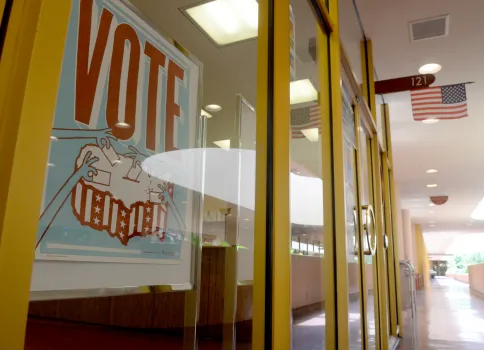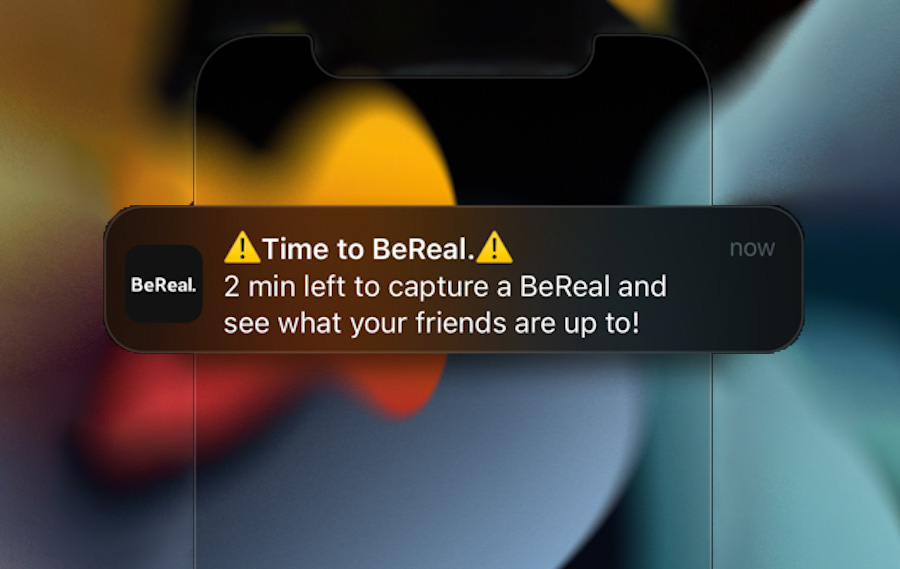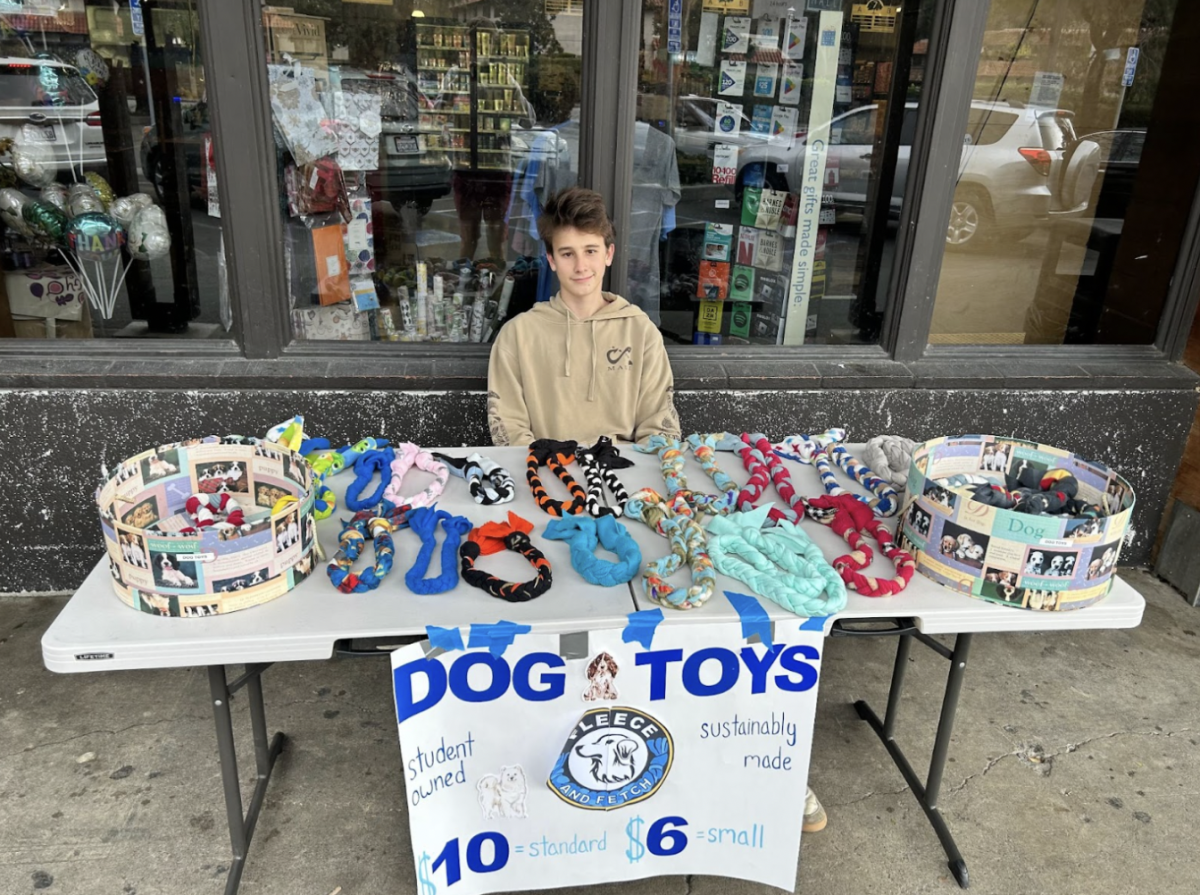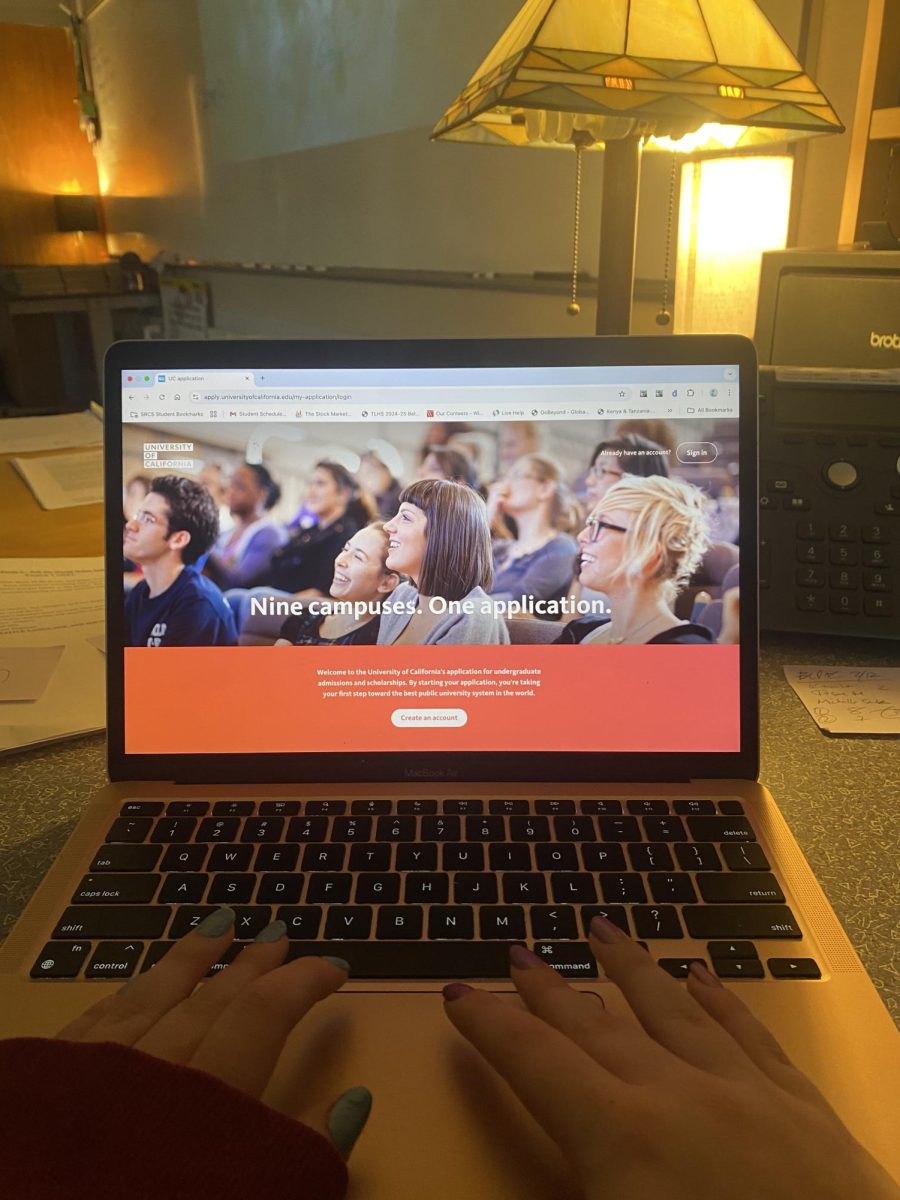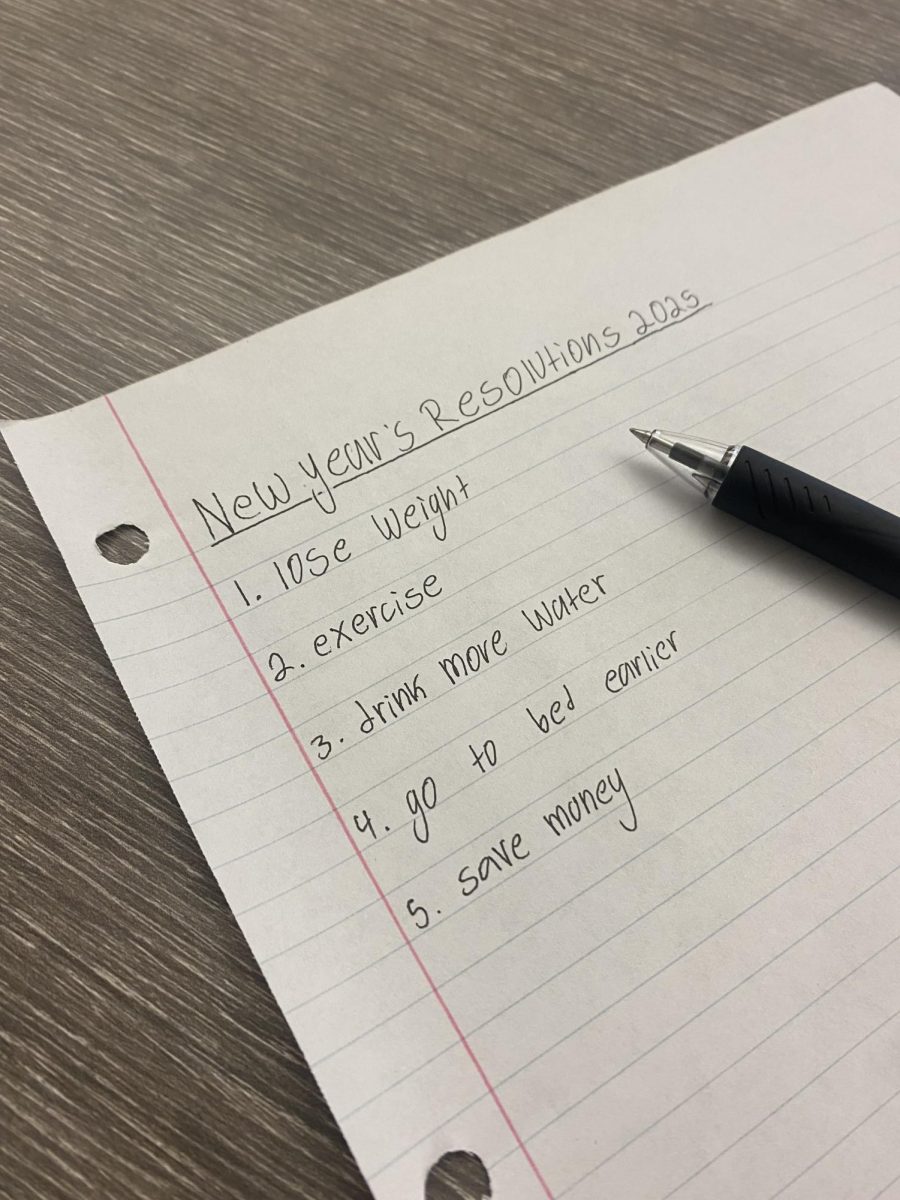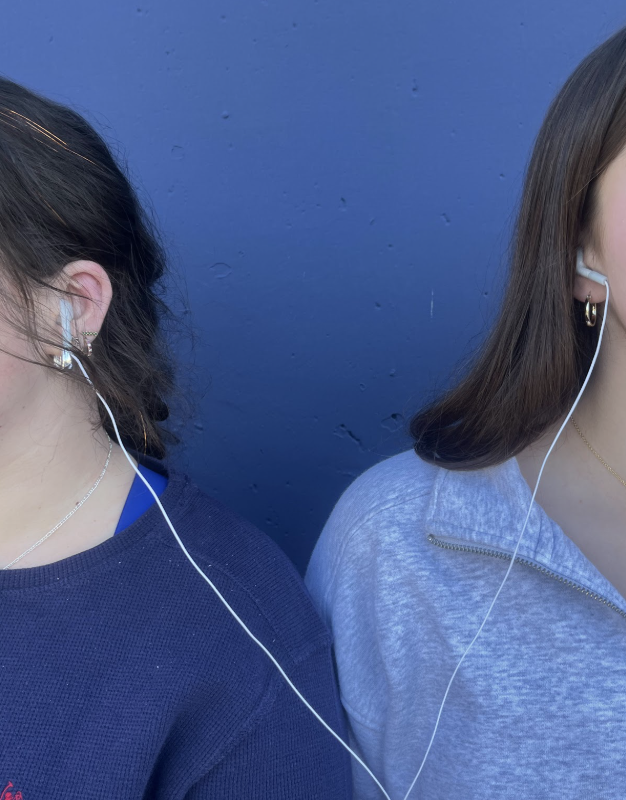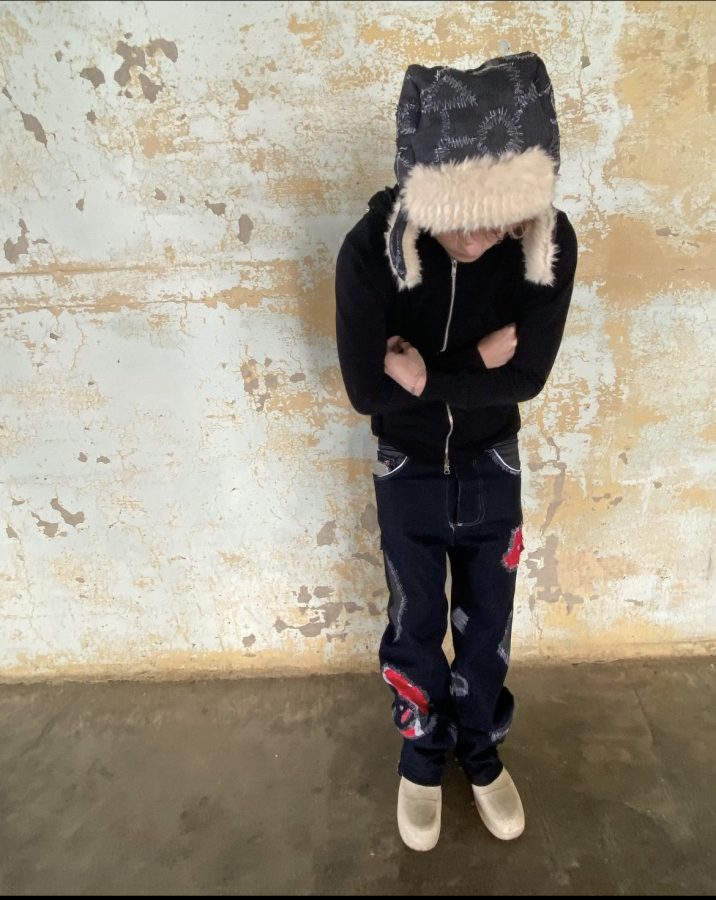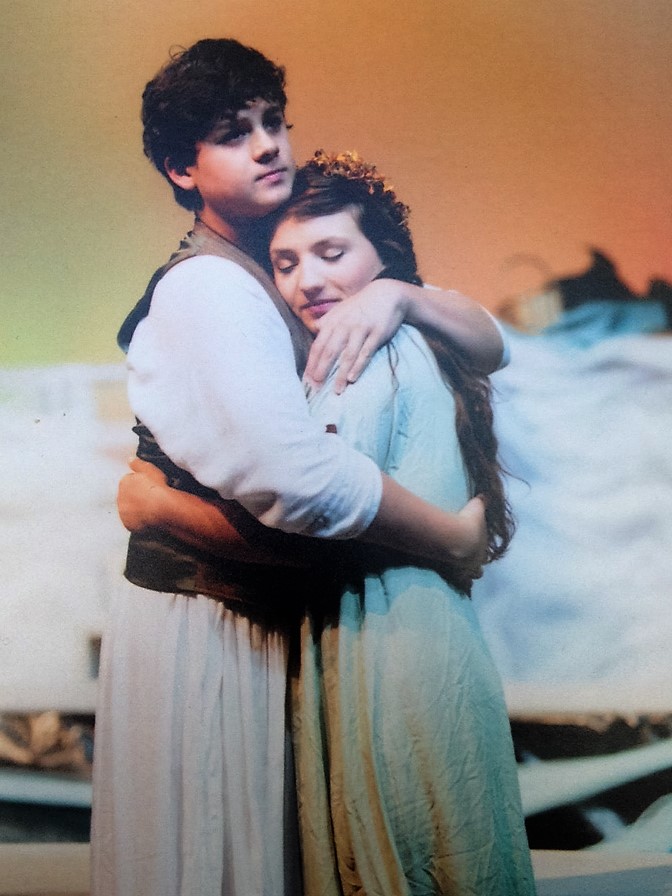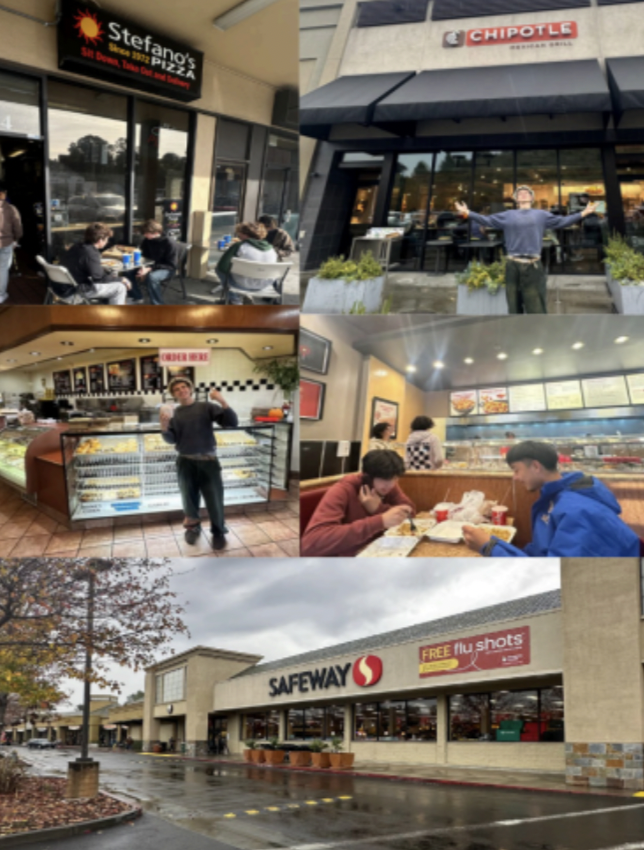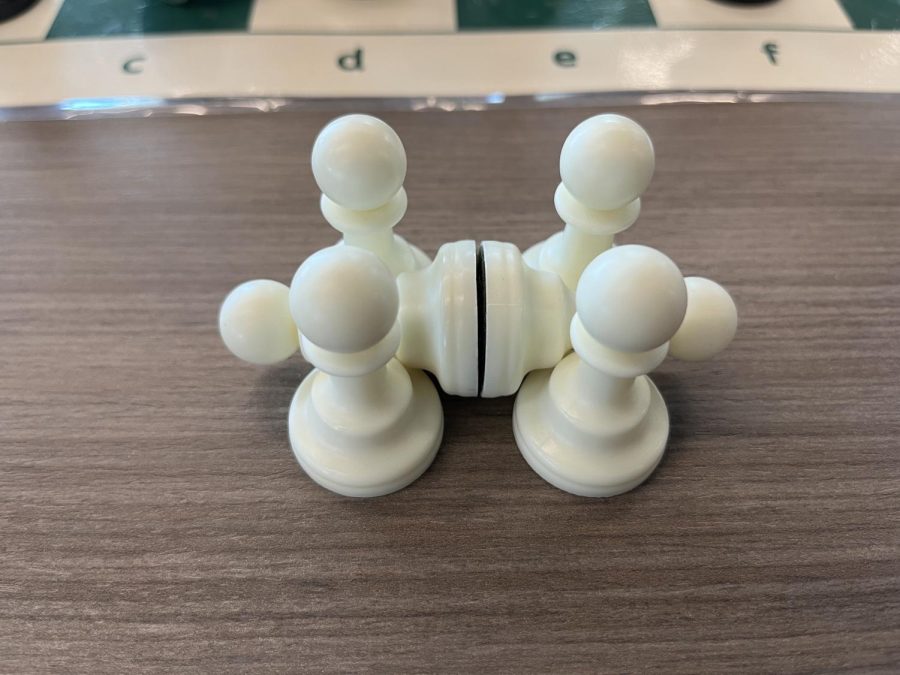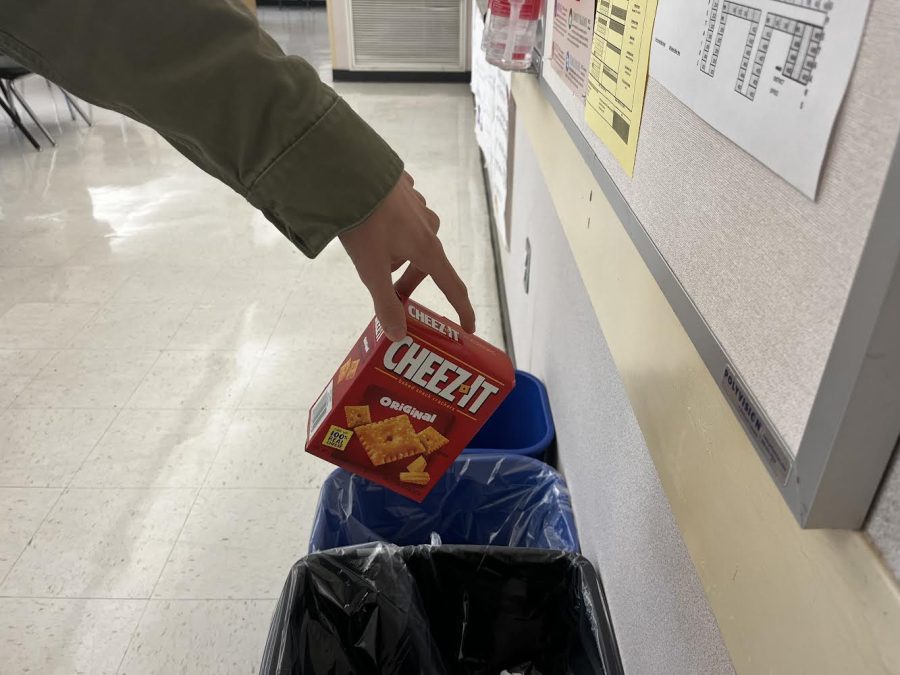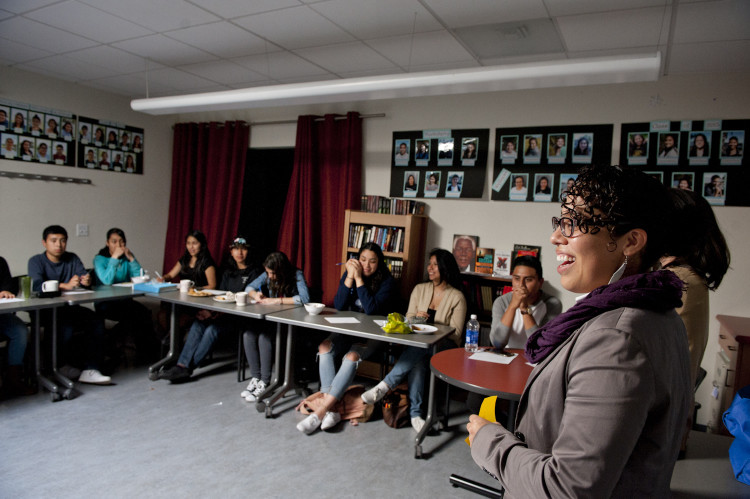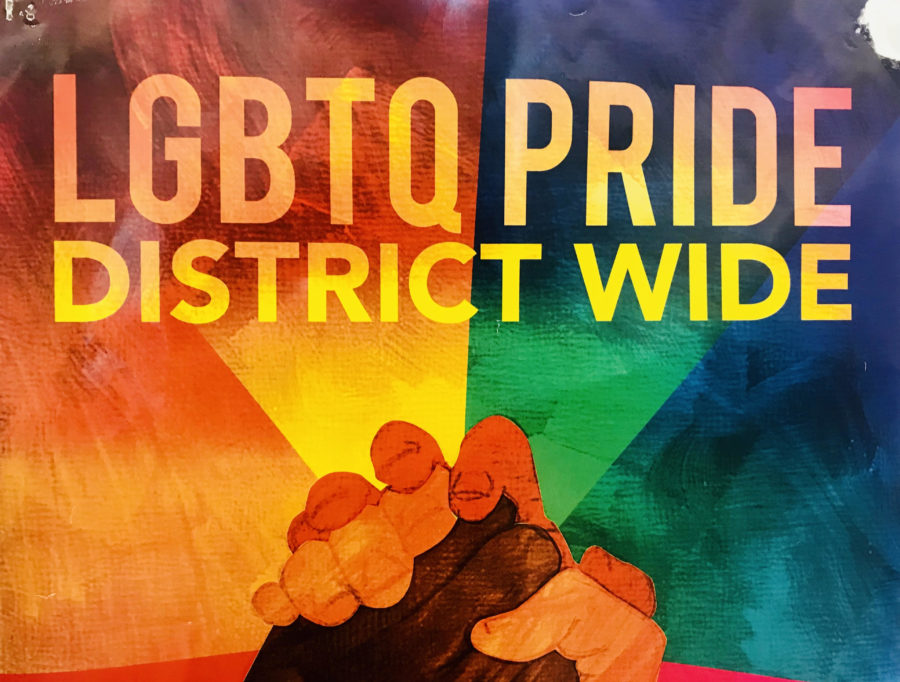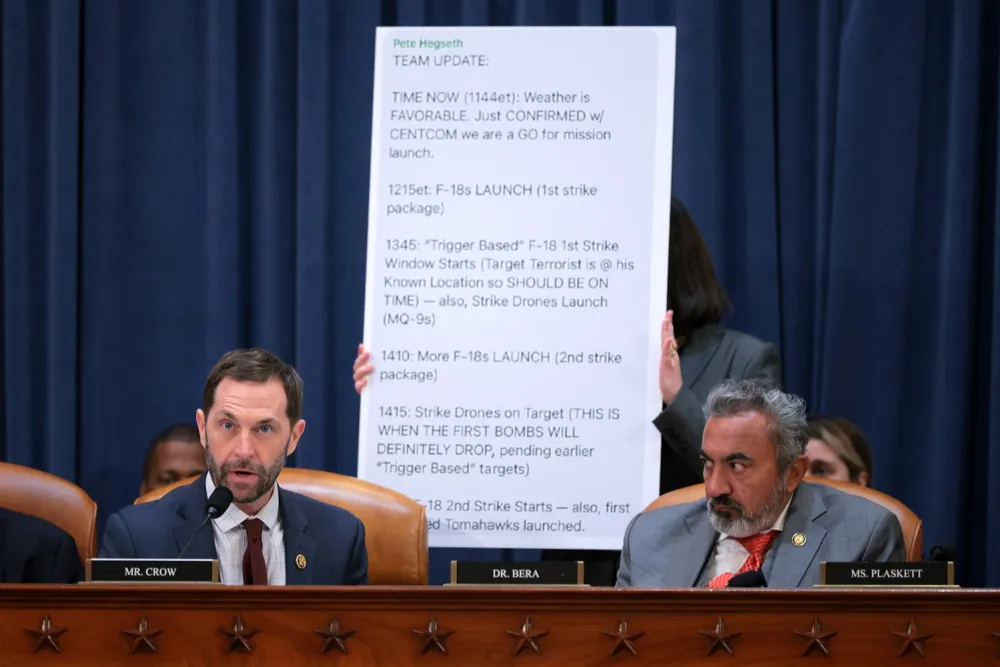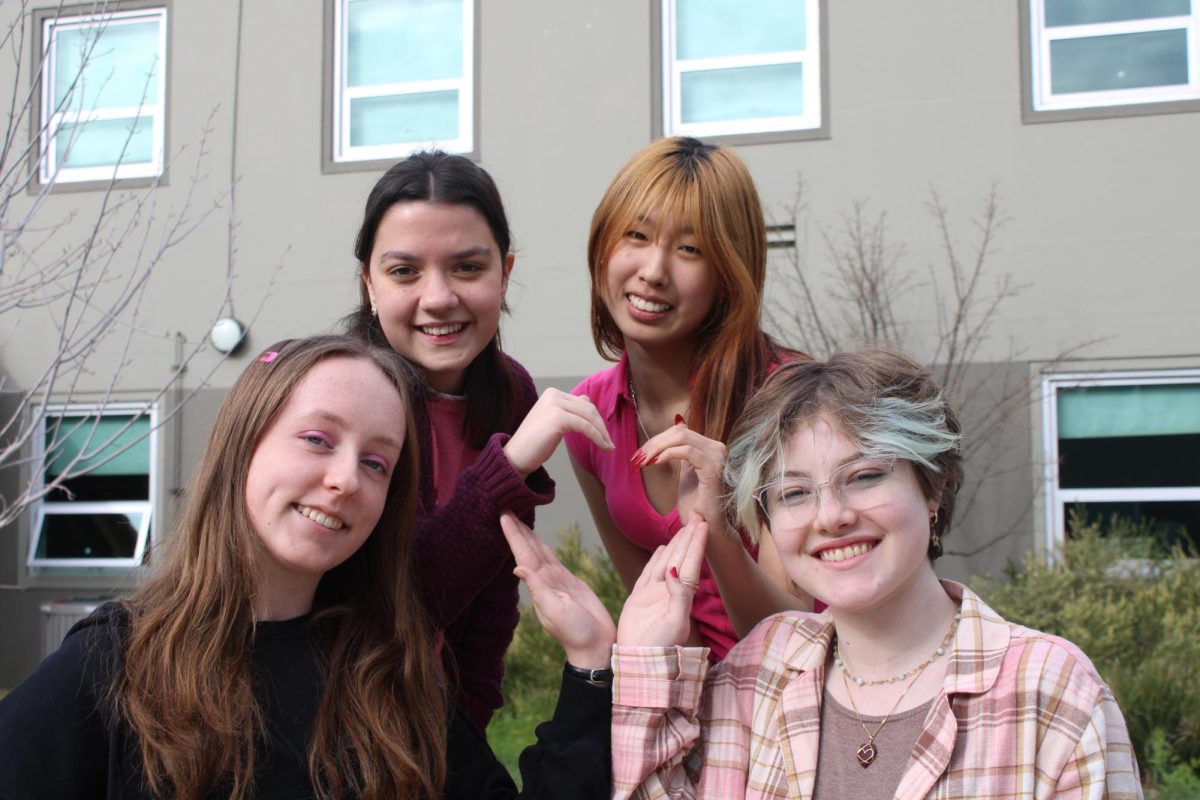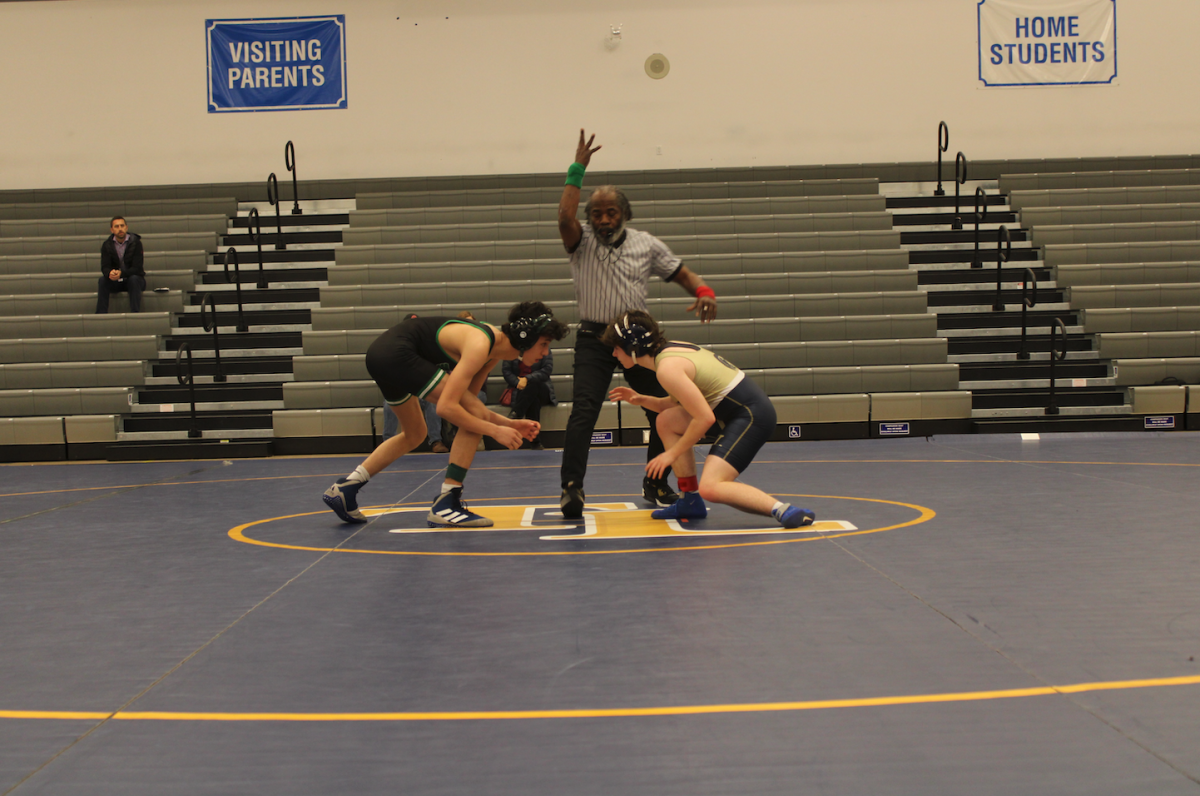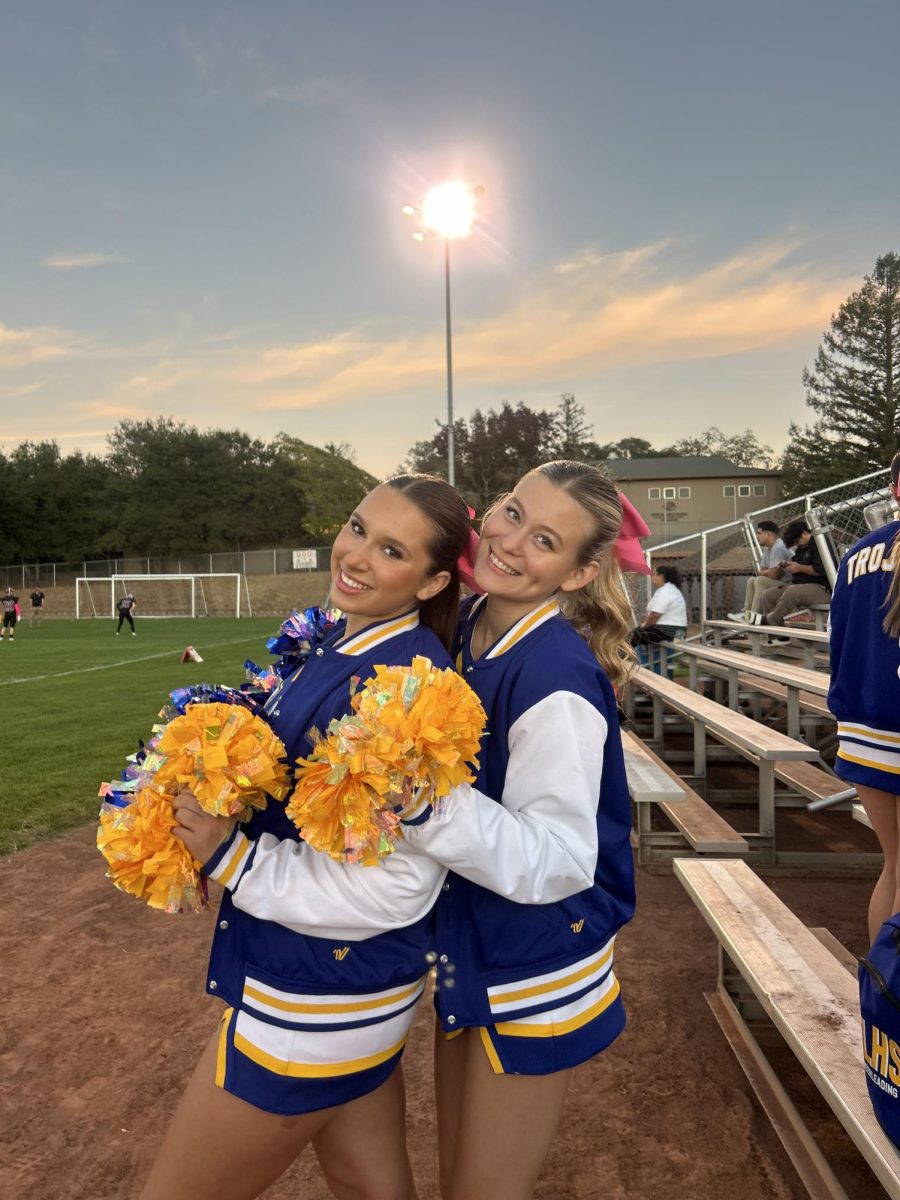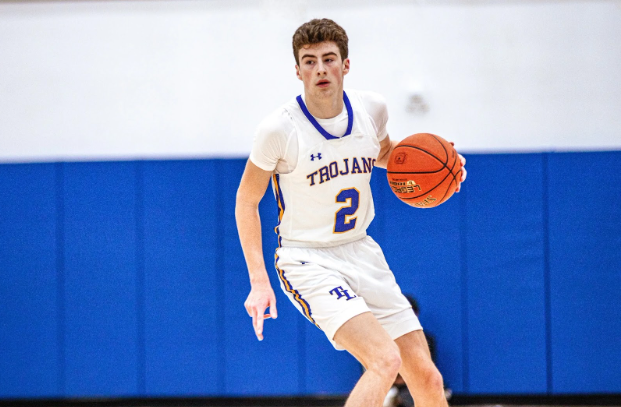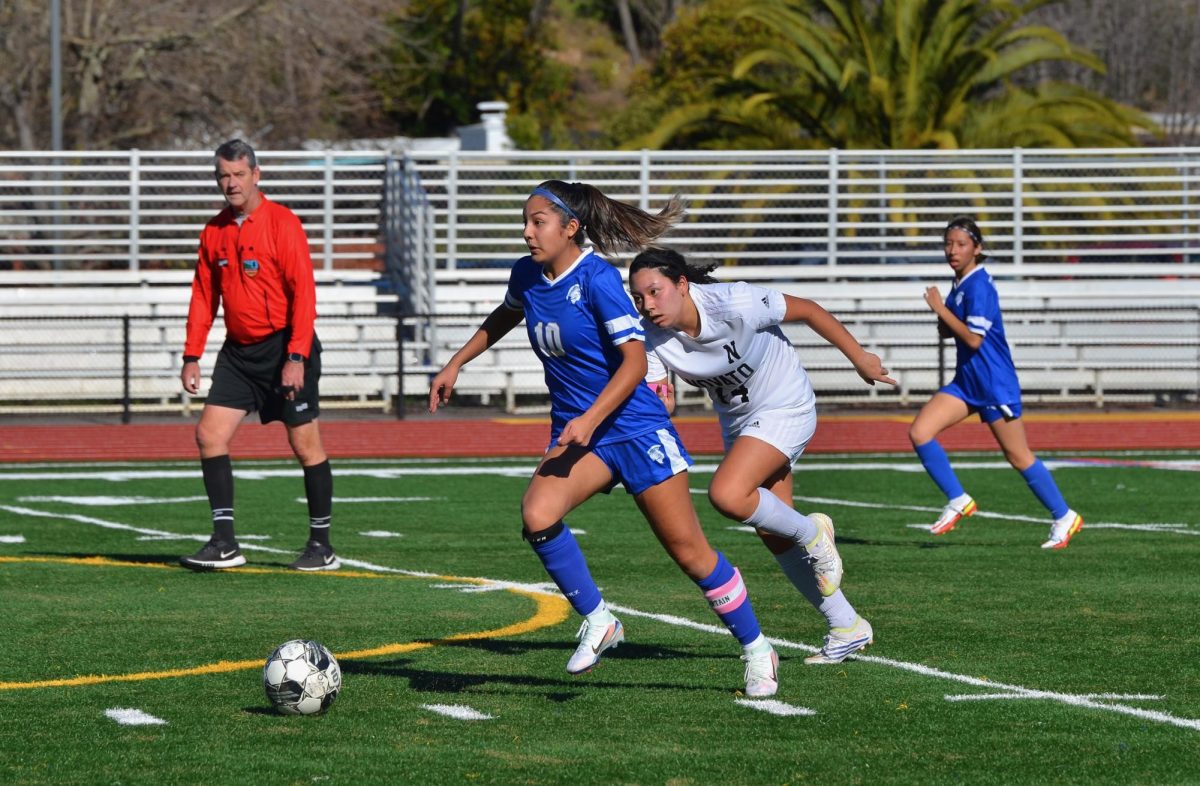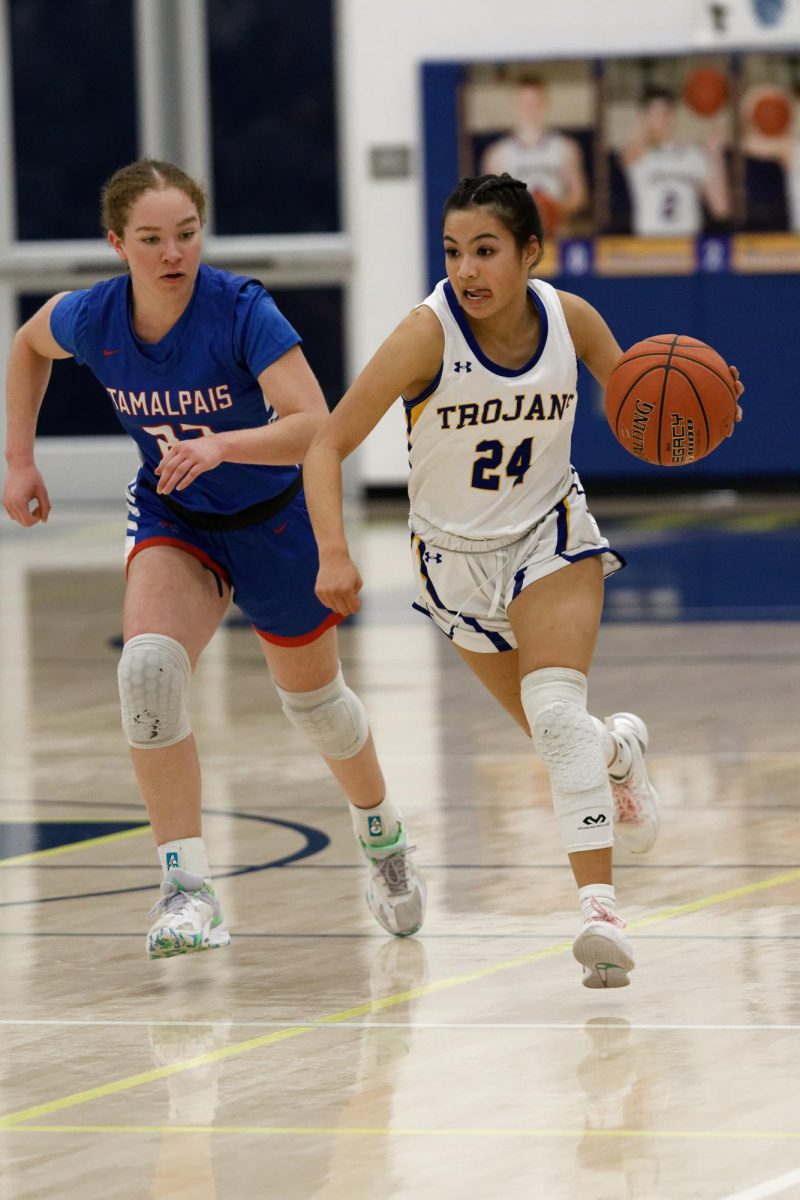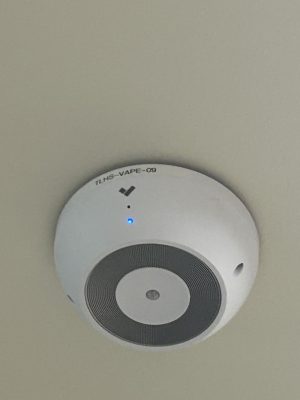Life360: Safety or Control?
December 16, 2019
Life360, a family networking app that primarily monitors people’s location, battery life, and previously visited locations, has received backlash on the boundaries of parental control and their psychological implications on especially adolescent youth. TikTok, a social networking app, has been the foundation of teens making these complaints towards Life360. #life360 has received 59 million views on TikTok from teens that have been annoyed with the control that parents have over them. The thought of parents monitoring their child for their safety seems great, but does this show zero trust in their children? An article written by Pamela B. Rutledge Ph.D in Psychology Today suggests, “It offers the illusion that information will keep us safe and connected. It doesn’t address the core issues that are at risk in the act of monitoring: trust and consent.”
On the brighter side, Life360 comes with other features that also allows users to purchase roadside assistance and numerous reports at a higher price. Tracking locations can be perceived as controlling or ensuring someone is safe. But a question of how these limitations from Life360 become too much should be considered because teens are the target of this app. Freshman Evan Reich states, “I think my parents seeing where I am is kind of creepy, but at the same time if I was in danger, they would know exactly where I am.”
Several features on Life360’s app help keep constant track of your location. These can lead to your parents or whoever you share your circle with, keep track of where you are at all times in the scenario of your safety being threatened. Life360 offers ‘help alerts’ that send out notifications to people you share your circle by notifying them that you triggered their “help alert.” Member stories are on Life360’s website that show the success of the app from the user point of view. Regardless of your opinion on the app, Life360 has its positives and negatives on its intended usage of the app.
It’s also dangerous for teens to sneak out because they can face danger themselves, which parents try to prevent by using Life360. An anonymous Junior recollects sneaking out past curfew, “My parents track my location because I snuck out to meet up with a boy but I was caught.” Junior, Kaylie Birmingham, is tracked on Life360. She hates being tracked and she feels like it’s super controlling. Life360 may be used for safety, but it can also give teens fear that the system is over-controlling to them.
ASB/US History teacher, Mr. Lubarmersky, has kids of his own who are just finishing high school. He doesn’t track their location because, “It’s silly.” Lubamersky goes onto explain how tracking a kid’s “location doesn’t prepare them [teens] well for the future.”
Life360 may be beneficial for parents making sure their children are safe, however, it exhibits a lack of trust from the child in the process. Some may say that it doesn’t prepare them for the real world, either way, tracking a child’s location is the parent’s decision. In some circumstances it can ensure the safety of knowing one’s whereabouts, however, it can also be seen as governing.



